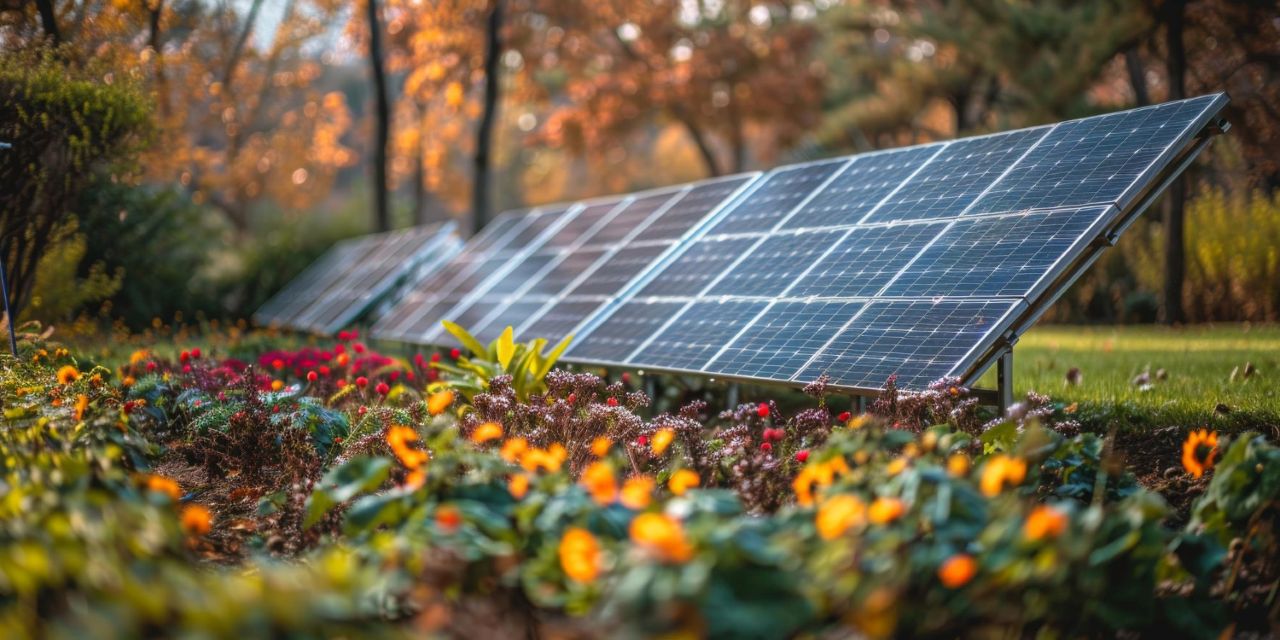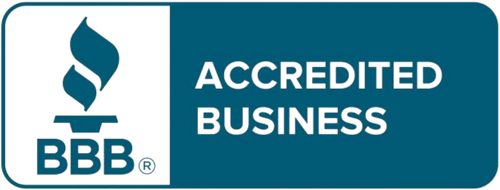Why February Is the Best Time to Prepare Your Solar System for Spring
As winter begins to wind down, February presents an ideal opportunity to assess and optimize your solar energy system. With longer days and increased sunlight just around the corner, taking a few proactive steps now can ensure your system is operating at peak efficiency before energy demands rise in the warmer months.
By completing essential maintenance tasks, reviewing your energy production, and considering potential upgrades, you can maximize the financial and environmental benefits of your solar investment. This checklist will guide you through the key steps to take in February to prepare your home for the upcoming solar season.
Clean Your Solar Panels
Solar panels perform best when they are free from dirt, dust, and debris. Over the winter months, snow, ice, and fallen leaves can accumulate on the surface, reducing efficiency.
- Inspect your panels for any visible buildup that may be blocking sunlight.
- Use a hose and soft brush to remove dirt and debris. Avoid pressure washers, as they can damage the panels.
- If your panels are difficult to access, consider hiring a professional cleaning service to ensure they are thoroughly cleaned without the risk of damage.
A well-maintained solar panel system will produce more energy, allowing you to maximize your savings as daylight hours increase.
Check Your Solar Monitoring App
Most solar energy systems come with a monitoring platform, such as the Enphase or Tesla app, that provides real-time data on energy production and consumption. February is a good time to review your system’s performance and identify any irregularities.
- Compare current energy production to previous months to ensure there are no unexpected drops in efficiency.
- Check for any error messages or alerts that may indicate maintenance is needed.
- Review energy consumption patterns to identify opportunities for reducing waste and improving efficiency.
Regular monitoring allows you to address potential issues before they lead to larger problems, ensuring your system is performing optimally as energy production increases in spring.
Review Your Net Metering Credits
If your solar system produced excess energy during the winter months, you may have accumulated net metering credits. These credits can be used to offset your electricity usage when solar production is lower or energy demand is higher.
- Check your utility bill or online portal to see how many credits you have accrued.
- Plan ahead to make the most of your credits before peak summer energy rates take effect.
- If your credits are close to expiration, consider shifting some of your electricity use to earlier in the season to maximize savings.
Understanding how net metering works in your state—whether in New Jersey, Pennsylvania, Maryland, or Delaware—can help you make informed decisions about energy usage throughout the year.
Schedule a System Inspection
A professional solar system inspection can help identify any issues that may impact performance as energy demand increases. Many solar providers, including Sunwise Energy, offer routine maintenance services to keep systems running at full capacity.
- Check wiring and electrical connections to ensure they are secure and functioning properly.
- Inspect the inverter, as this is a critical component that converts solar energy into usable electricity.
- Assess the condition of panel mounts and hardware to confirm structural stability.
Routine inspections can prevent costly repairs and improve the longevity of your solar investment.
Evaluate Your Energy Usage for Spring and Summer
As temperatures rise, household energy consumption tends to increase due to air conditioning, pool pumps, and outdoor appliances. Reviewing your past energy usage can help you plan for seasonal changes and identify ways to improve efficiency.
- Review past utility bills to see how your energy consumption fluctuates throughout the year.
- Consider upgrading to energy-efficient appliances to reduce overall consumption.
- If you use significant energy during the evening hours, explore adding a battery storage system like the Tesla Powerwall or Enphase Encharge to store excess daytime energy for later use.
Taking a proactive approach to energy management can help lower electricity costs and reduce reliance on the grid.
Take Advantage of Solar Incentives
Solar tax credits, rebates, and incentive programs can help homeowners reduce the cost of adding new equipment or expanding their system. February is a great time to review available opportunities before peak installation season begins in the spring.
- The federal solar tax credit allows homeowners to deduct 30% of installation costs when filing taxes.
- State-level incentives, such as SREC programs in New Jersey and Maryland, offer additional financial benefits for solar owners.
- Some local utility companies offer rebates for solar battery storage or energy efficiency upgrades.
Reviewing incentive programs early in the year ensures you don’t miss out on potential savings.
Prepare for Peak Solar Season
Spring and summer bring longer daylight hours and increased solar production, making now the perfect time to optimize your system’s performance.
- Ensure your panels are positioned correctly and free of obstructions such as tree branches or shading.
- Make any necessary system upgrades, such as expanding your solar array or integrating a battery storage system.
- Consider working with a solar provider to explore additional ways to maximize your return on investment.
A well-prepared solar system will provide consistent savings and energy security throughout the year.
Maximize Your Solar Savings This Year
By taking the time to maintain and optimize your solar energy system in February, you can set yourself up for maximum savings and efficiency as the seasons change. Addressing maintenance needs, reviewing net metering credits, and considering potential upgrades can help ensure your system continues to perform at its best.
If you’re interested in a professional system inspection, battery storage solutions, or expanding your solar system, Sunwise Energy is here to help.
Schedule a solar consultation today to get the most out of your system in 2024.
📞 Call us: (609) 400-0059
📅 Book a free solar checkup










